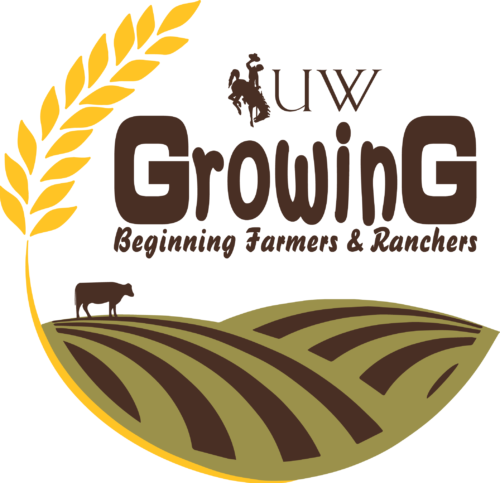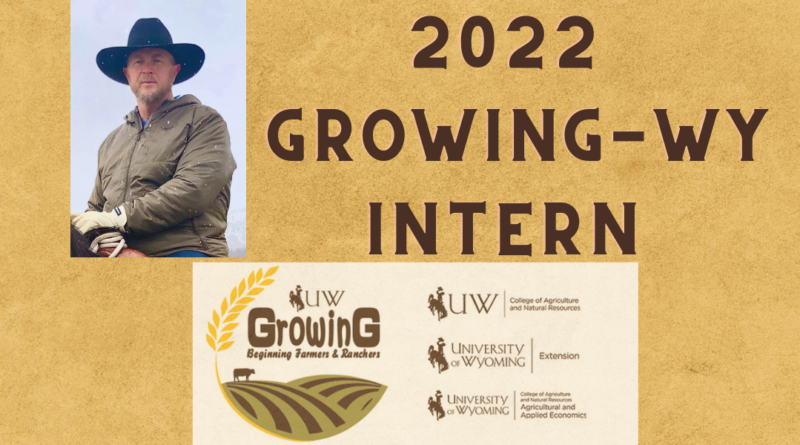Stackyards, Ranch Hand Appreciation
#bfrdpwy #aginternship #RightRisk
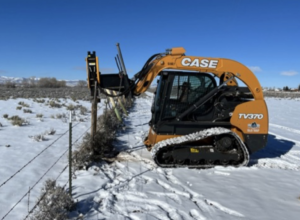
This week was focused on building stackyards, tending to the fences and animal recovery. The stackyards are fenced in areas used to store hay that had been processed during the current or past years. They are strategically placed on the ranch to minimize the time and effort to deliver the hay to the cattle. Stackyards vary in size and height, which dictates what can be stored in them. Grain and alfalfa bales are put into stackyards that have fencing high enough to keep even moose out of them. Whereas hay is only stored in the stackyards that have lower fencing. The Wyoming Department of Game and Fish will provide supplies for fencing and the stackyards to help ranchers minimize impact by wildlife damage. Even with the help of the state, fencing supplies and labor can be a significant cost to a ranch.
To help create the layout of the stackyard, we established a guideline using barbless wire fence that was stretched from end post to end post. As we moved the wire from one end to another, the wire broke due to a kink that was created during the movement. A senior hand took the time to explain what had happened and how to prevent it in the future. As was demonstrated by accident, a kink creates a weak spot in the wire where it will eventually break. This is a source a frustration of seasoned ranch hands who have had to fix many miles of fencing because someone strung up wire and left a kink in it. The point was if you see a kink, break the wire and mend it, don’t just leave it.
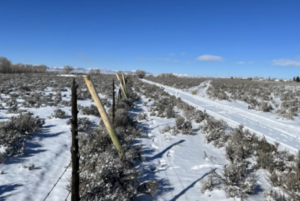
It goes without saying, that it is important to pay attention to detail and doing things right the first time. These craftsman codes of ethics are not unique to ranching. You will not always have someone looking over your shoulder. Doing it right the first time will help you and your team save both time and money – not to mention keep the frustration levels down to a minimum.
As I wrote in my first week’s summary, one of my intentions for doing the internship was to gain and/or enhance my agricultural knowledge and skills, and the internship has done just that, giving me the opportunity to expand my skills in all aspects in ranching and farming. But it also did something I didn’t expect. It has given me a deep respect for the ranch hand.
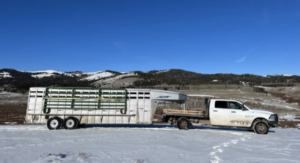
Through this internship, I’ve been able to work along side of many great people. They have been excellent mentors and have helped guide me towards my future endeavors. These ranch hands are people who have dedicated their lives to being professional stockmen and horsemen. They are truly the ones who take pride in raising the product that eventually winds up being the meat on your table. They do it under high risk and often with few tangible rewards. There often isn’t much in common between them. Some are highly educated; some barely have a high school diploma. Some are in their twenties; others are entering their sixties. They come from the deserts of Arizona to the rolling hills of Pennsylvania. Some were born into it; others didn’t start until in their forties. But what they do have in common – they all take ownership of their craft and walk with the pride of being an American Cowboy. It is that dedication to selfless service of an ideal, that I salute and where I find a common bond. For that, I will be forever thankful
for the internship and the perspective.
Submitted by: Tim Bauer
Edits by: GrowinG Internship Team
